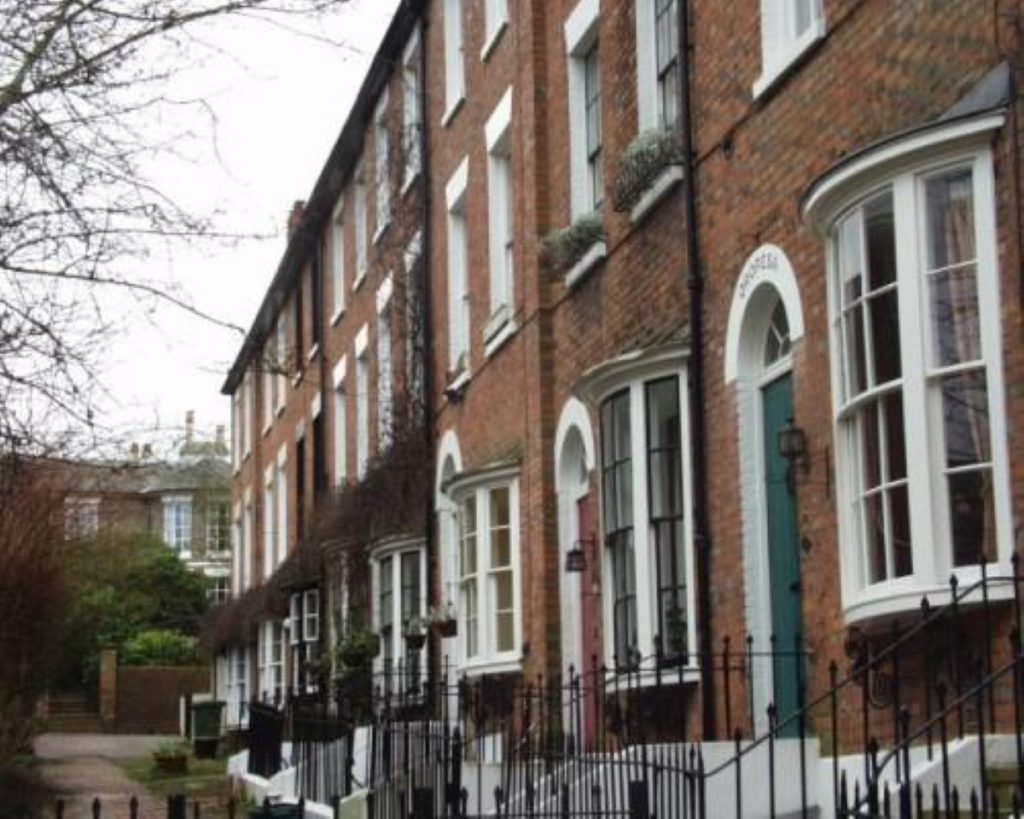Anti-social families to lose housing benefit
People evicted from their homes for anti-social behaviour risk losing their housing benefits for up to five years if they refuse to change their ways, under a new pilot scheme.
The measures, which the government hopes to try out in ten council areas from 2008, are part of the government’s ‘respect’ agenda, designed to cut down on vandalism, noisy neighbours and other low-level disorder.
They come as Tony Blair chairs a meeting today at No 10 with people who are on the front line in dealing with anti-social behaviour, in which he will warn councils that if they fail to take action against this problem, they could see their Whitehall funding cut.
“Everyone deserves the right to be protected from thugs and yobs in their local neighbourhood,” a Downing Street spokesman said this morning.


“From next April, funding from Whitehall for local authorities will be dependent on them implementing detailed plans to tackle anti-social behaviour.”
The prime minister is back at work today after a week’s holiday in Italy, and the announcement is an attempt to reclaim the news agenda after reports about his deputy, John Prescott, rows over immigration and speculation about when he will quit No 10.
His meeting coincided with the announcement of new sanctions against people committing anti-social behaviour, although these require new legislation, which the Department of Work and Pensions (DWP) intends to introduce as soon as possible.
Councils already have the power to evict tenants if they behave badly, but now these people will be offered a chance at rehabilitation, to help them mend their ways.
If they refuse, they could face cuts to their housing benefit, losing ten per cent for the first four weeks, 20 per cent for the four weeks afterwards and forfeiting any housing benefit at all for up to five years. People “in hardship” will face lower penalties.
“Communities are fed up of the disruption caused by people who show no respect for their neighbours,” said work and pensions secretary John Hutton.
“The threat of sanctioning housing benefit will send a clear signal to the handful of people evicted each year for anti-social behaviour that they must address their problem behaviour and engage in rehabilitation.
“It is not right that people who get evicted should be able simply to move to another area and continue their bad behaviour. These anti-social neighbours must realise they have reached the end of the line.
“The right to housing benefit must and will carry a responsibility to be a decent neighbour.”
Homelessness charity Shelter said it was right “in principle” to have some form of penalty for those who refuse to tackle their behaviour, but director Adam Sampson warned that there was currently not enough support to help them do so.
“To, therefore, propose withdrawing housing benefits when people refuse the offer of a ‘current service’ is in danger of rushing to penalise rather than genuinely rehabilitating and will lead to a greater number of evictions, which is no solution,” he said.
He added: “Worst of all, innocent children are likely to face homelessness because the desire to get tough with the parents and withdraw their housing benefit happens before there are services for people to turn down in the first place.”









